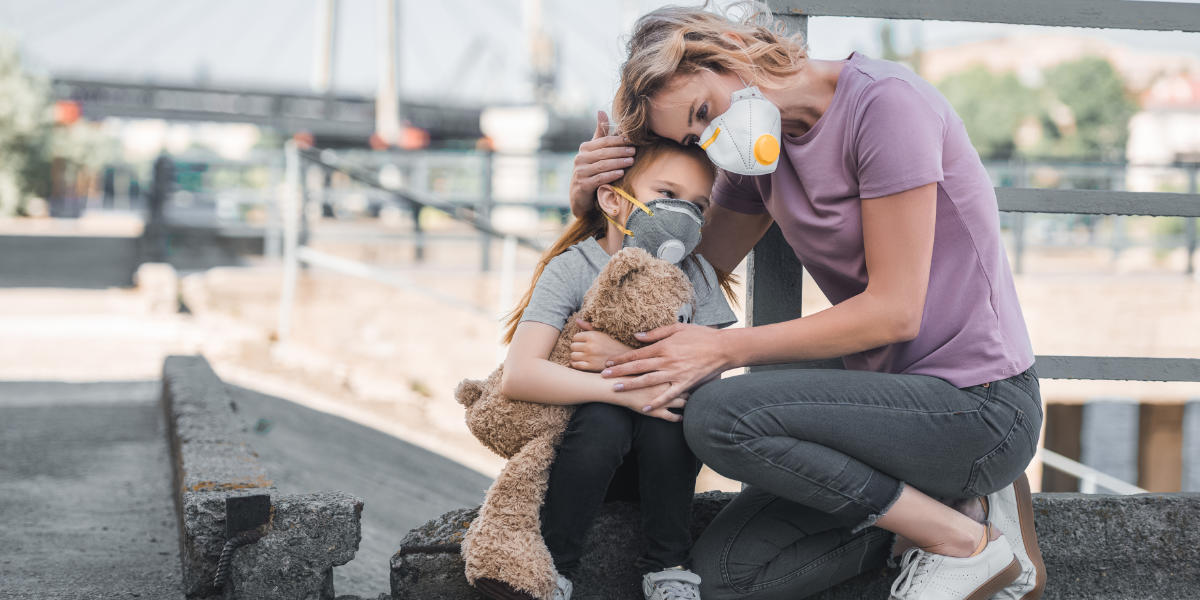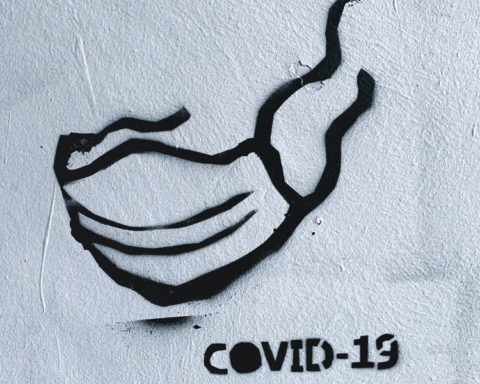University College London’s dynamic model concludes that three quarters of people in Britain now have protection against COVID-19, due to previous infection or vaccination.
Professor Karl Friston, of UCL, said: “Over 50 per cent of adults have been vaccinated, around 42 per cent of people have now been exposed to the virus and about 10 per cent have pre-existing immunity.
“When factoring in the estimated efficacy of vaccination in terms of sterilising immunity, this – according to the model – means about 70 per cent of the population are immune.
“Based upon contact rates at the beginning of the pandemic and estimated transmission risk, this is nearly at the herd immunity threshold.”
It is believed that 10% of people have innate immunity through previous infections with other coronaviruses. These estimations also exclude those who are immune through T-cells which cannot be detected by antibody testing.
The modelling now keeps changing dramatically, so it’s hard to see how it helps us. What we really want to do is look at the real-world data and make decisions from there
Professor Carl Heneghan, Univerity of Oxford
The model also suggests that during the summer months, the herd immunity threshold drops to 40 percent. Even the conservative estimates of ONS show that the UK has surpassed herd immunity thresholds long ago. Random blood testing in mid-March proved that 54% of people in England had antibodies, with similar rates of 42% of people in Scotland, 50% in Wales and 49% in Northern Ireland.
UCL’s model is one of the few models that reacts quickly to real-time data rather than SPI-M predictions of “worst-case scenarios. It factors in real-time infection numbers, death rates, vaccination numbers and hospital admissions.
Professor Carl Heneghan, director of the Centre for Evidence Based Medicine at Oxford University, criticises existing models noting that “one of the problems is nobody is going back and checking whether the modelling matched up with the reality. We know that modelling in schools has not helped us because it was incorrect. So we need to have a reality check.”
“In my 20-plus years as a doctor, I’ve never come across a summer surge in a respiratory infection in the UK. The modelling now keeps changing dramatically, so it’s hard to see how it helps us. What we really want to do is look at the real-world data and make decisions from there.”
Read more at Telegraph: Britain will achieve herd immunity on Monday







